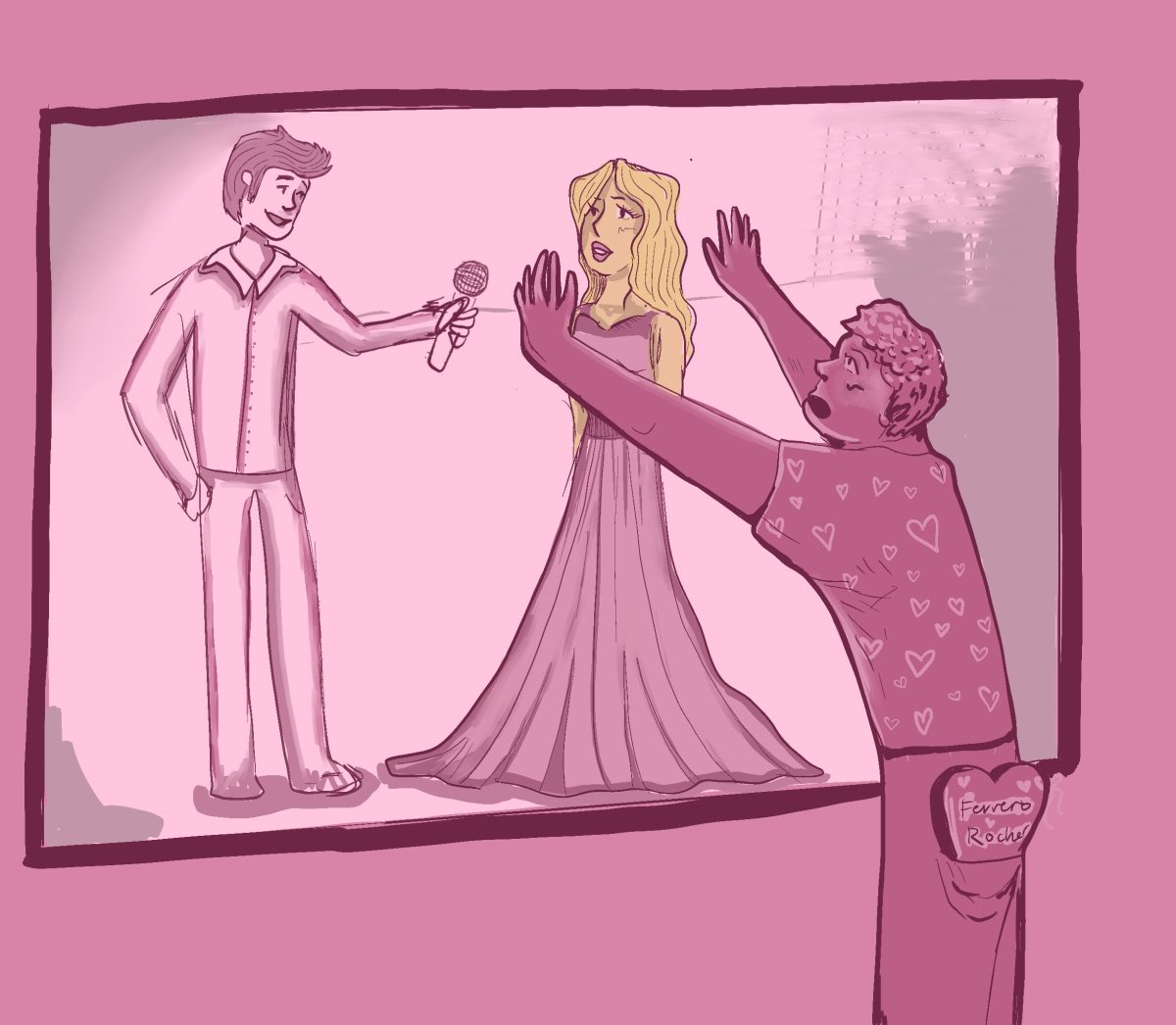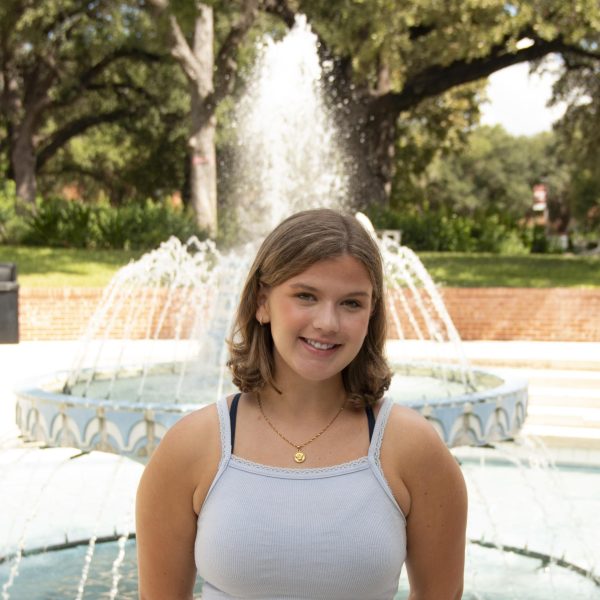Have you ever had a special connection with a celebrity and thought, “We are meant to be; … we just haven’t met yet.” Well, I have some news for you: you’re experiencing the effect of a parasocial relationship. This phenomenon occurs when one develops a one-sided personal connection with an unaware party that could be a celebrity, influencer or online persona. These feelings, as a result, can negatively impact the future of interpersonal relationships.
How do these parasocial connections form? With the rise of social media and accessible windows into the lives of celebrities, a personal bond between the viewer and celebrity forms. When celebrities vlog, talk directly to their fans through the camera or frequently update followers on their personal lives, followers live vicariously through their social media, which acts as a lens into the celebrity’s life. Thus, viewers know more about the celebrity than the celebrity knows about the viewer, creating this one-sided, or parasocial, relationship.
One theory is that these relationships spring from people’s attachment styles. Attachment styles relay how one forms relationships with others and are often associated with the bonds and relationships experienced during childhood. Typically, people with more anxious attachment styles develop parasocial relationships far easier than those who do not have anxious attachment styles, as the parasocial relationship creates a sense of stability since the viewer can have constant interaction or reassurance from the influencers through social media.
Parasocial relationships may be beneficial to viewers, especially regarding mental health. These relationships often help viewers feel more confident in themselves, as those who may experience avoidant attachment styles can experience the excitement of a relationship without the fear of rejection.
A study from 2021 shows that people who embody anxious and avoidant attachment styles are more likely to associate with online personas that encompass positive, charismatic and independent autonomy. In return, these people try to adapt these characteristics for the betterment of their own identity. People also often use parasocial relationships to not only help shape their identity but also the identity of who they look for in their partners. The study showed that adolescent children who identified as male were more likely to see celebrities as authoritative figures and mentors, whereas adolescent children who identified as female were more likely to see celebrities as friendship figures.
Although parasocial relationships can help positively shape one’s identity, according to a study from 2017, they can also impose a negative effect. If one-sided relationships take the place of main social interactions, it can lead to isolation, depression and anxiety. They can increase social media addiction, obsessive self-comparisons to online figures and dangerous stalker incidents.
One example of this is from a fan of Taylor Swift, or “Swiftie.” There is no question that Swift’s fans idolize her and do anything in their power to protect her and her music. Swift has one of the largest followings in the music industry, and with that comes a plethora of parasocial relationships.
One Swiftie, Eric Swarbick, supposedly “fell in love” with Swift and sent numerous disturbing letters to her and her agency, referencing wanting to rape and kill her. Another incident involved Roger Alvarado, who broke into Swift’s apartment and was found lying on her bed, waiting for her return.
Not only have people taken physical action to be with Swift, but a large portion of her fans shape their lives around her. People over-analyze song lyrics, are personally affected by Swift’s famous break-up songs and even involve themselves in her relationships. It is one thing to be a fan of a talented songwriter, but it’s a whole different issue when Swift’s existence and life choices critically impact the life and well-being of an individual.
Psychologists have recently researched parasocial relationships due to the rise of social media. As media progresses, parasocial relationships have the potential to shape society into a media-obsessed fanbase, infatuated with the lifestyles of celebrities and media stars. It may create a dependency on media consumption for social fulfillment, impacting how we develop authentic relationships in the future. Parasocial relationships walk a fine line between being fun and exciting but also obsessive and harmful.







